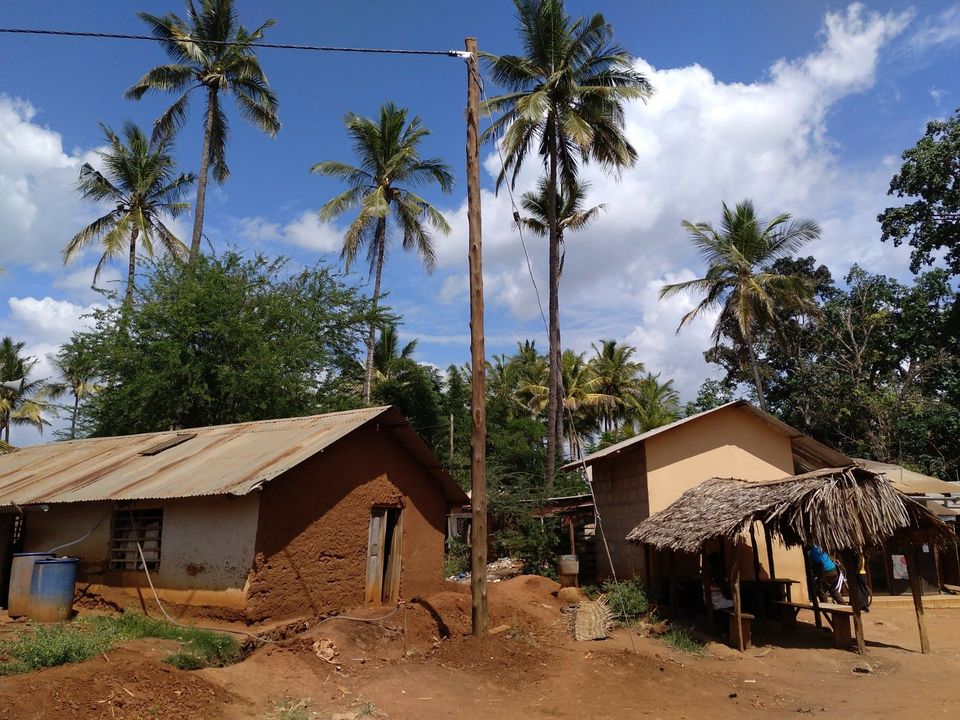ImpactAlpha, October 6 – Husk is a veteran of off-grid energy. The 12-year-old company, once known for biomass energy plants in India’s remote communities, is now a solar minigrid developer in Africa as well.
A new commitment of $5 million from FMO, the Dutch development bank, will help Husk expand from its five-megawatts of installed generating capacity to 30-megawatts in India and Africa within two years. The financing comes two years after a $20 million equity round backed by Shell Technology Ventures, French utility ENGIE’s impact fund and Swedfund International.
More than 200 million Indians live without access to electricity. Husk got its start in 2008 with biomass-based systems that used rice husks and other agricultural waste to power off-grid communities. When costs for solar technology plummeted, the company pivoted to hybrid biomass-solar systems.
“FMO considers minigrids as the key to unlocking a successful rural distributed energy sector,” said FMO’s Keesjan de Kruijf. “Husk’s relentless drive for cost efficiency and customer-centric business model ensures it is able to position itself both competitively and profitably.”
Husk operates in a sector that has been slow to scale, particularly in remote areas, because minigrid technology has lacked both durability and affordability for low-income rural customers.
Last year, Tata Power launched TP Renewable Microgrid in collaboration with the Rockefeller Foundation to build 10,000 minigrids in India by 2026. Tata’s technology partner, the Institute for Transformative Technologies, claims its systems can generate power for roughly half the cost of most other systems on the market, making it affordable to low-income customers earning about $150 per month.
Because minigrids are still a nascent technology, it can be difficult to make direct comparisons between different systems. Husk says its costs are below $2 a watt for a system that includes a pre-paid meter, which other systems on the market lack. Similarly, it also does not rely on diesel generators as a back-up power system.
An earlier version of this article incorrectly stated that Husk Power Systems had transitioned to solar-only minigrids. Its systems are biomass-solar hybrids.











